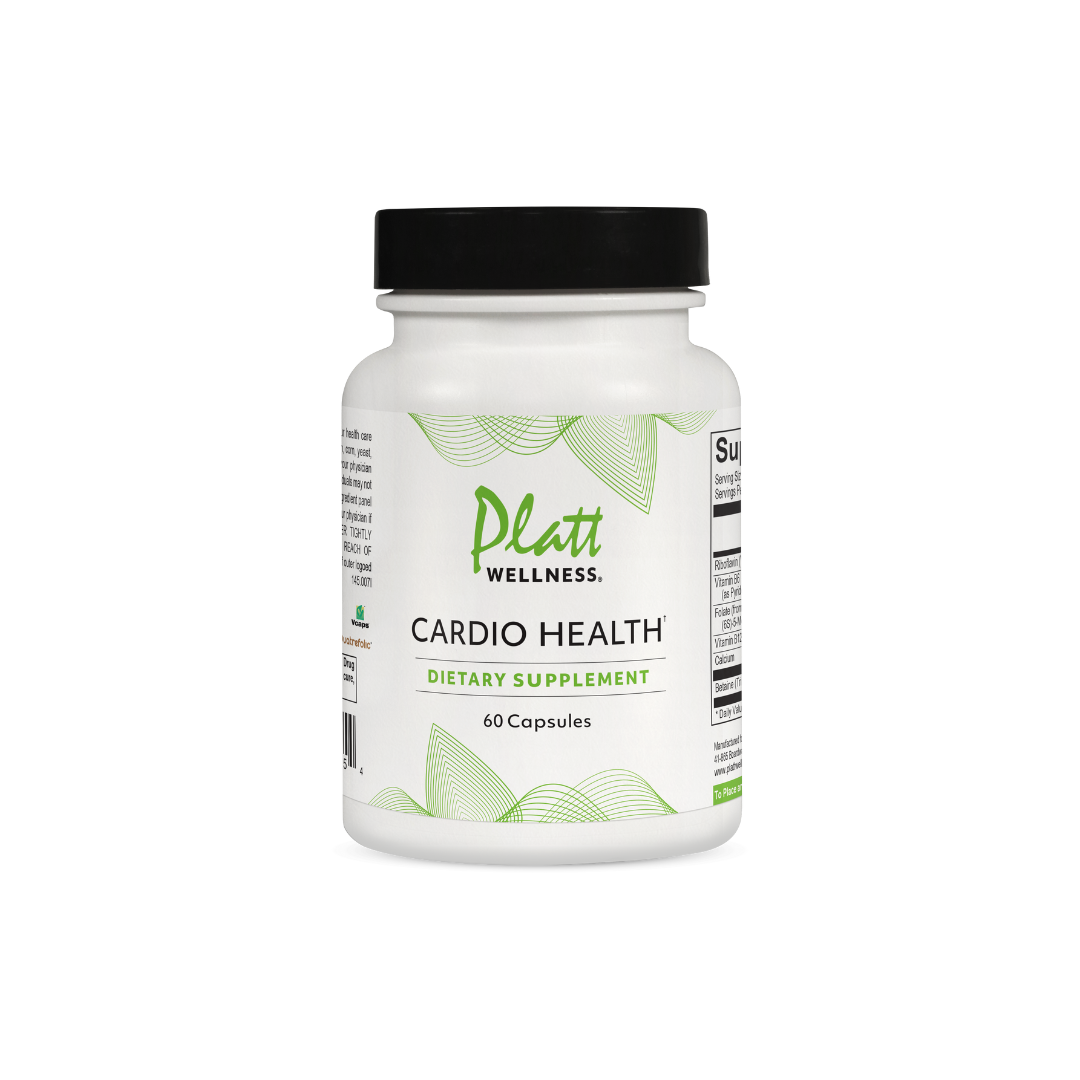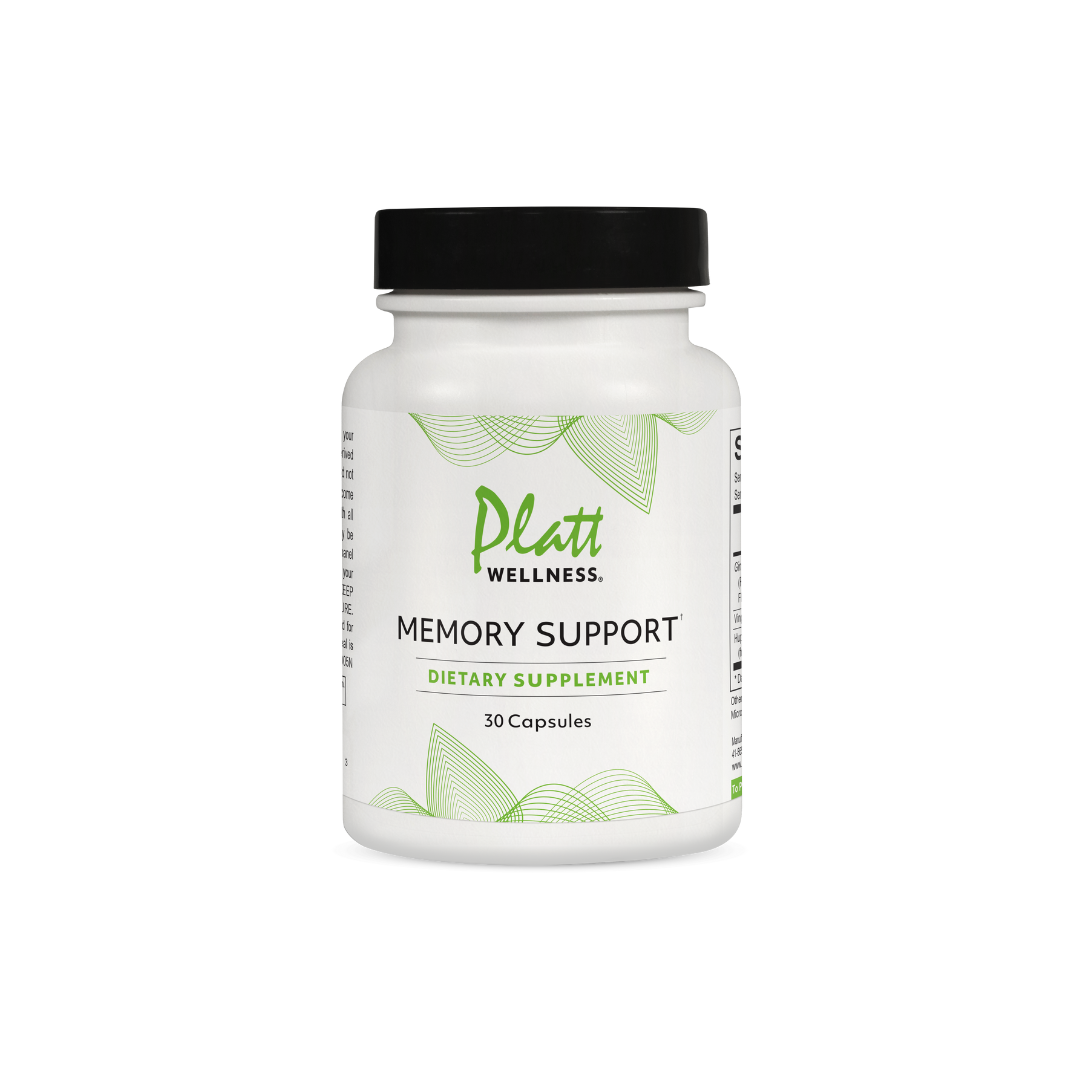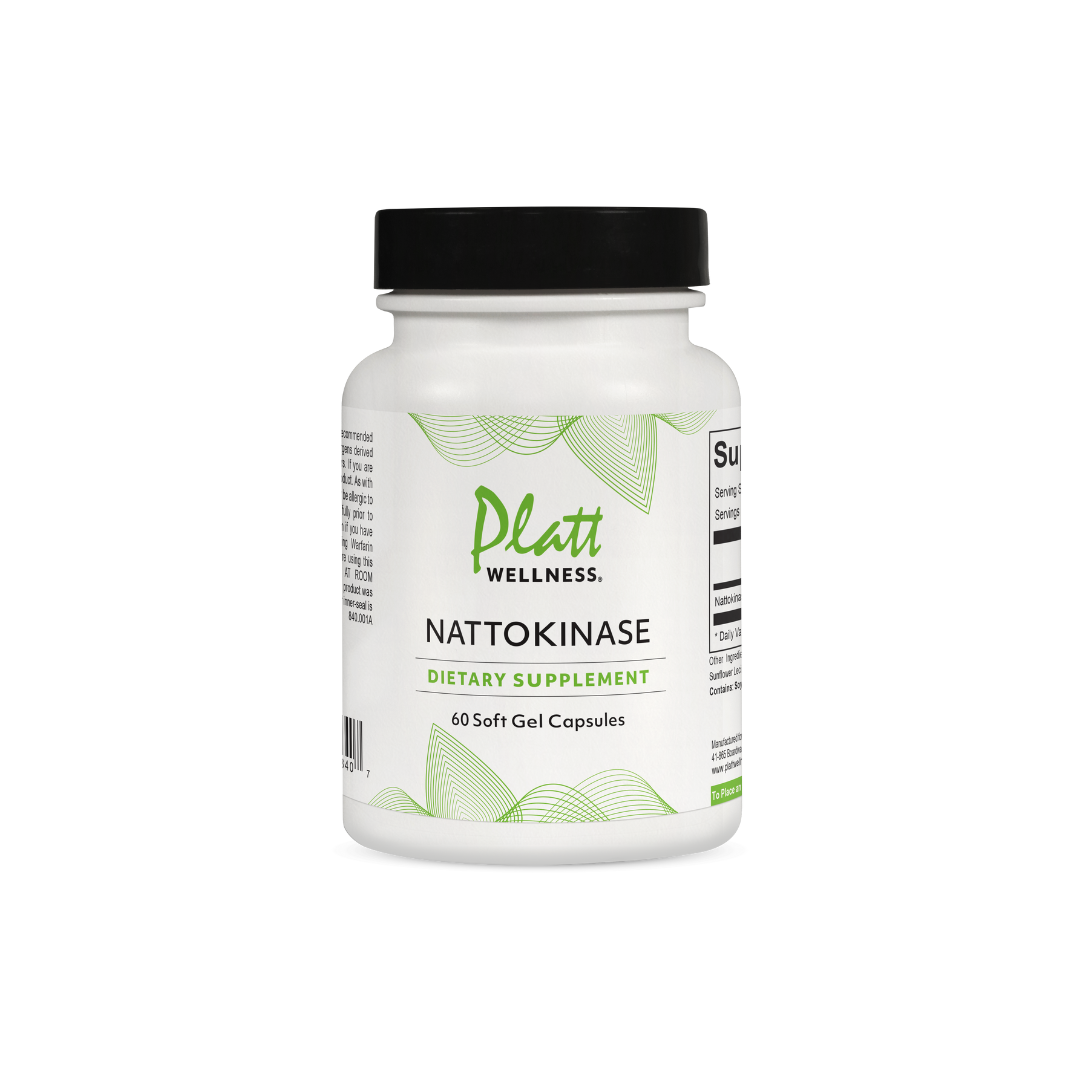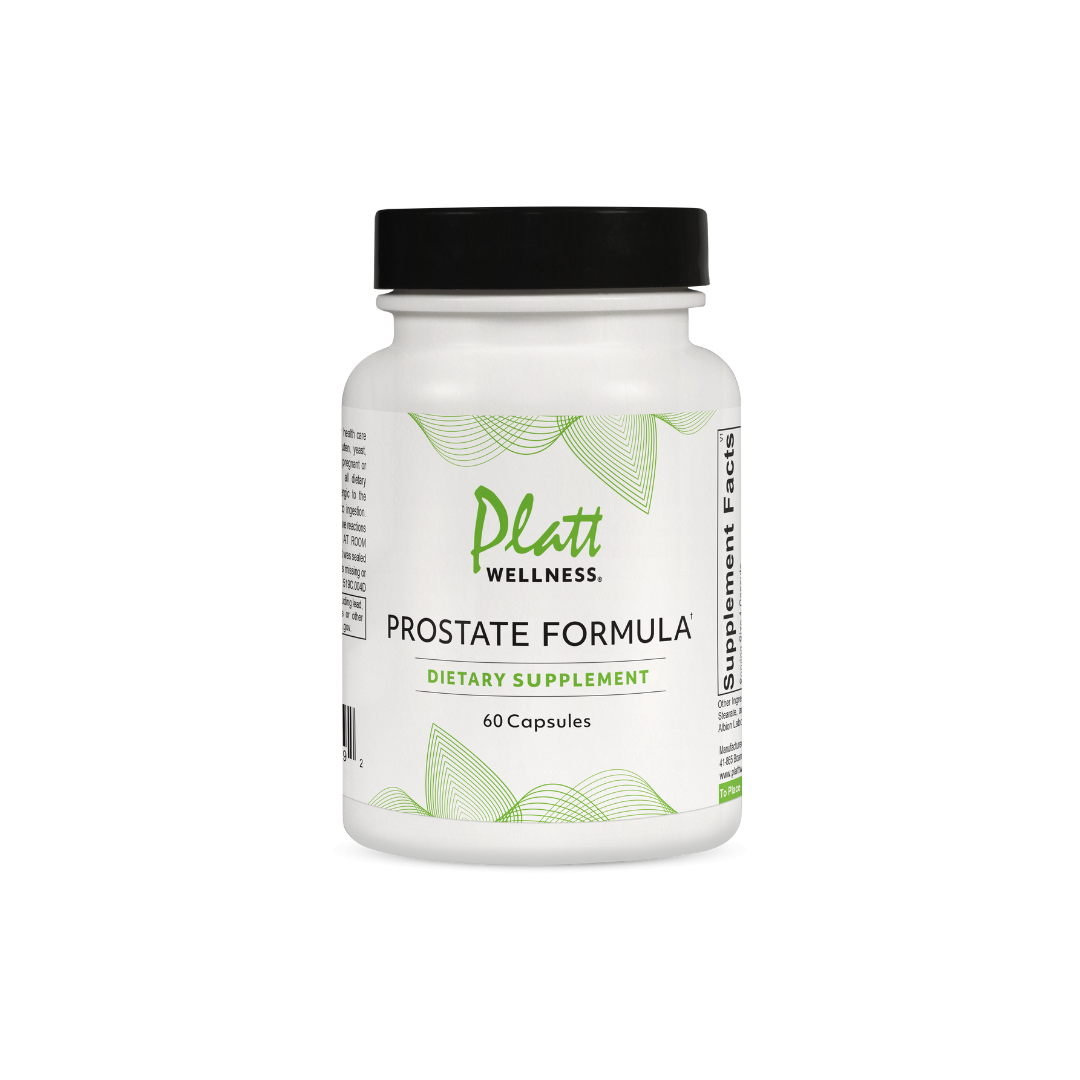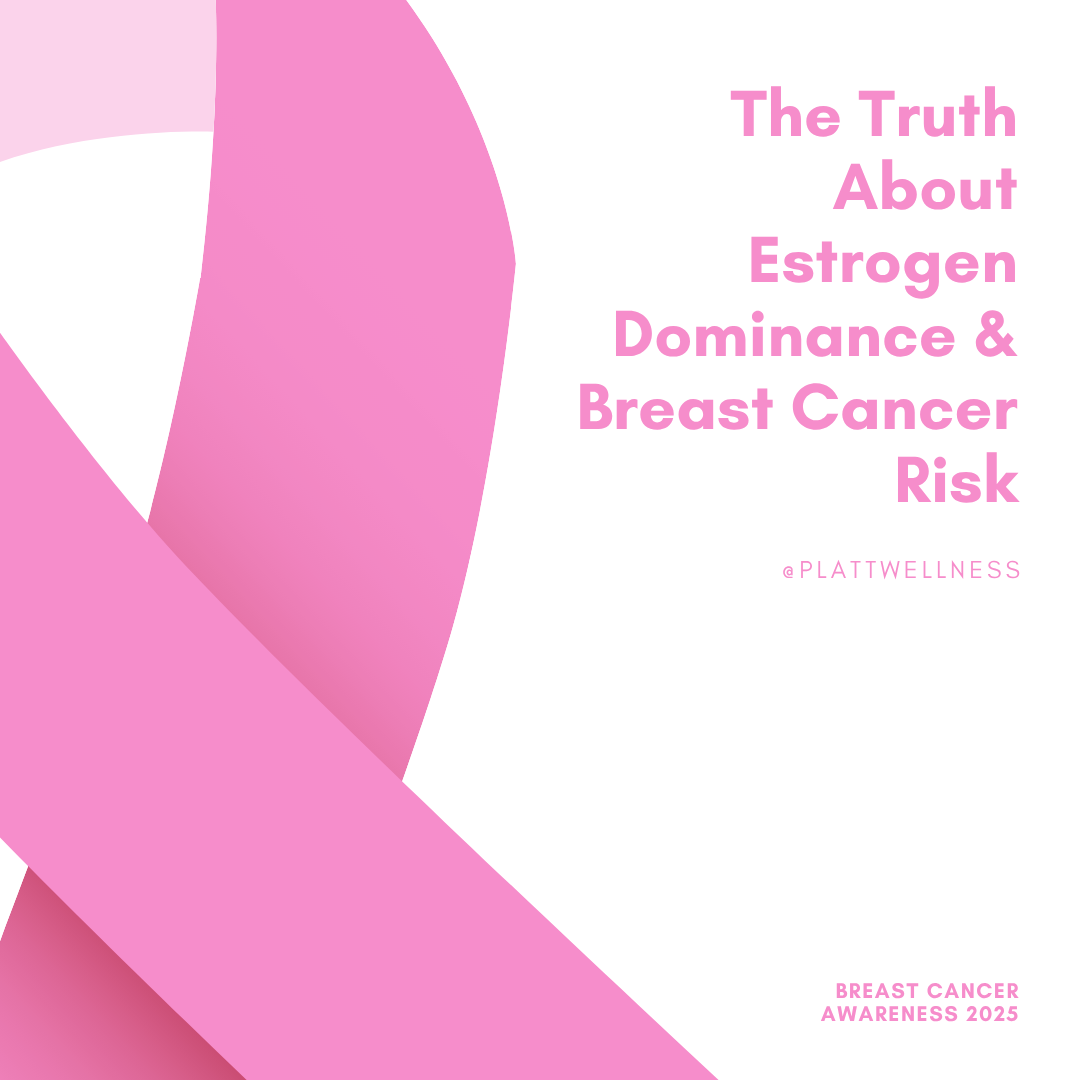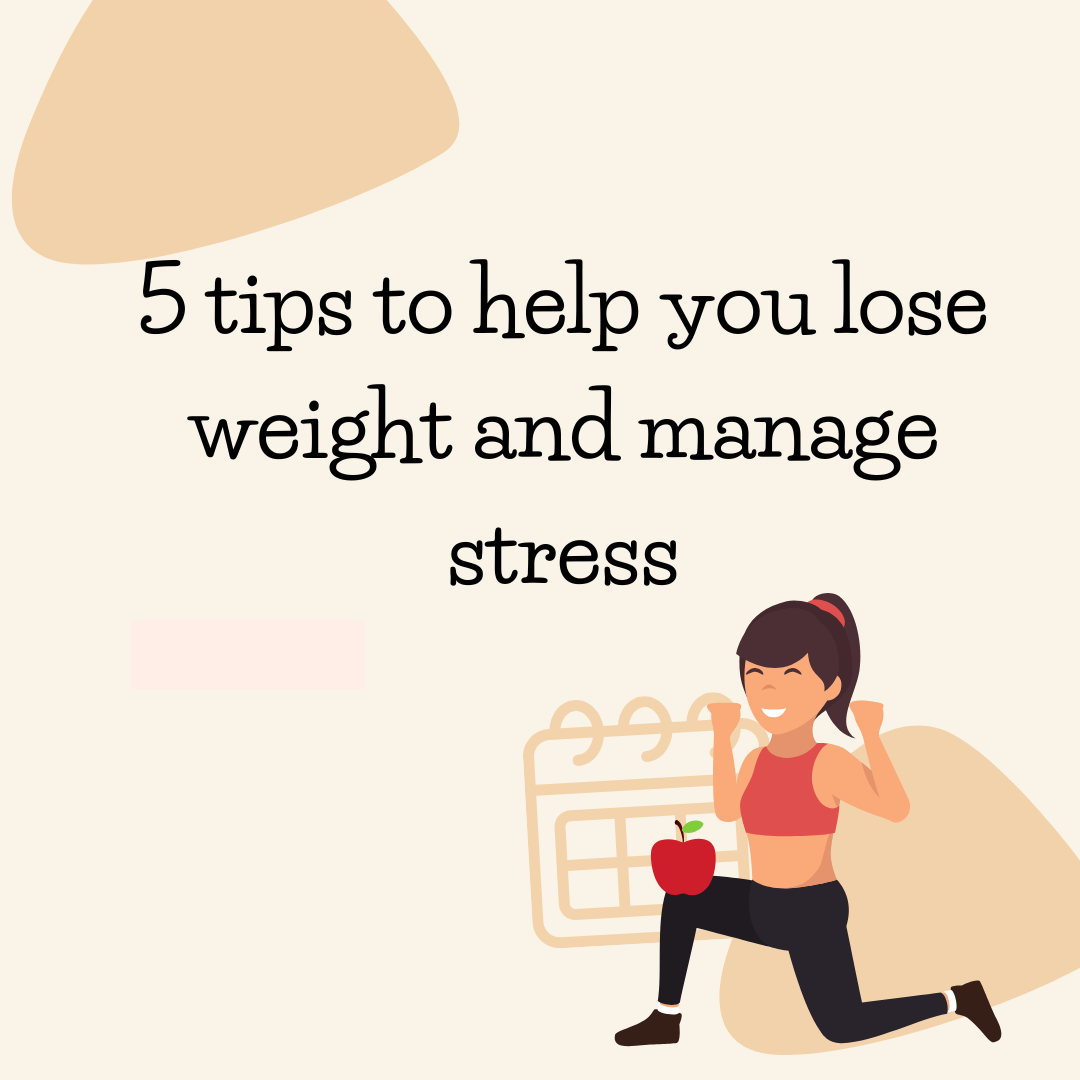Cardio Heart Health
-Cardiovascular heart health
-Reduces homocysteine levels
-Brain health
-Anti-inflammatory response
Specifically formulated to reduce high homocysteine levels (considered a major risk factor for heart attacks and strokes). Also for brain health (prevention of Alzheimer's and Parkinson's disease), female health, and depression.
Sale $37.60 Reg. $47.00

